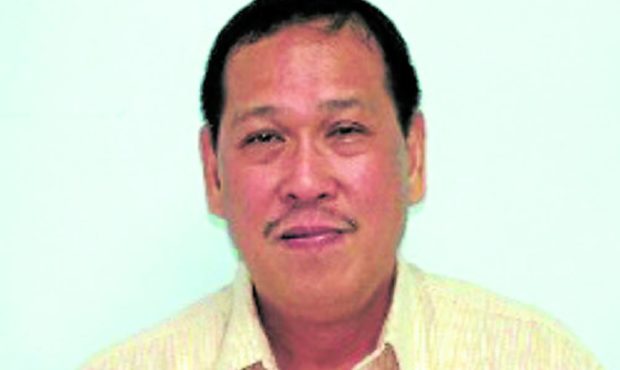MANILA, Philippines — The Department of Agriculture (DA) has received strong opposition from the local agriculture sector after refusing to sit down with and listen to stakeholders that will be affected by the government’s plan to join the Regional Comprehensive Economic Partnership (RCEP), leaders of a farmers’ group told senators on Monday.
At the hearing of the Senate committee on foreign relations, Raul Montemayor, national manager of the Federation of Free Farmers (FFF), chided the DA for its policies that supposedly centered on trade liberalization but neglected to consider the plight of local farmers whose livelihood will be threatened by the influx of imported agricultural products.
“It is being made to appear that the fate of our agriculture is in the hands of foreigners, that as if we will die without foreign investors. But how about our farmers who have been investing their blood, sweat and tears for a long time?” he asked.
Montemayor made the statement as the Senate committee, chaired by Sen. Imee Marcos, revived deliberations on the government’s proposal for the Philippines to join RCEP, a free trade agreement among the Asia-Pacific nations of Australia, Brunei, Cambodia, China, Indonesia, Japan, South Korea, Laos, Malaysia, Myanmar, New Zealand, Singapore, Thailand and Vietnam.
‘Under siege’
The FFF official lamented that in its push for trade liberalization, the DA has ignored the farmers, who, for the past 27 years, have been “under siege” from the harmful effects of the country’s participation in the World Trade Organization.
“So it seems that what they are telling the farmers is that nothing can get worse because you have been used to getting beaten up anyway,” he said.
Montemayor denounced the government’s “protectionist attitude” toward foreign investments, reminding DA officials that foreign investors will only come to the country to make money, but will immediately leave at the first nudge against the economy.
“Shouldn’t [Filipino farmers] come first? Can’t the government listen to them first before attending to these foreign investors who always ask us, ‘are you joining RCEP?’” he said.
“Thank you, but [the RCEP is] not what we want,” Montemayor added.
But Montemayor clarified that the Philippines joining RCEP might have a chance if only the DA and other concerned agencies sit down and talk with affected stakeholders.
“The problem right now is they do not even talk to us like we are not that important to them,” he said.
‘Vague’ RCEP provisions
In response, Senator Marcos expressed support for the sentiments of the farmers’ groups and pressed the government agencies about their preparedness in enforcing the trade deal.
She noted the “vague” provisions in the RCEP, and asked the Department of Trade and Industry, study groups and other government agencies for “more time-bound projections on what RCEP would bring to the Philippines.”
Trade Assistant Secretary Allan Gepty apologized to the farmers and told senators he would relay the farmers’ concerns to their senior department managers, but clarified that the government has had talks with farmers’ groups.
“We have been engaging them through our Philippine Council for Agriculture and Fisheries, and this year I think there had been several meetings,” he said.
